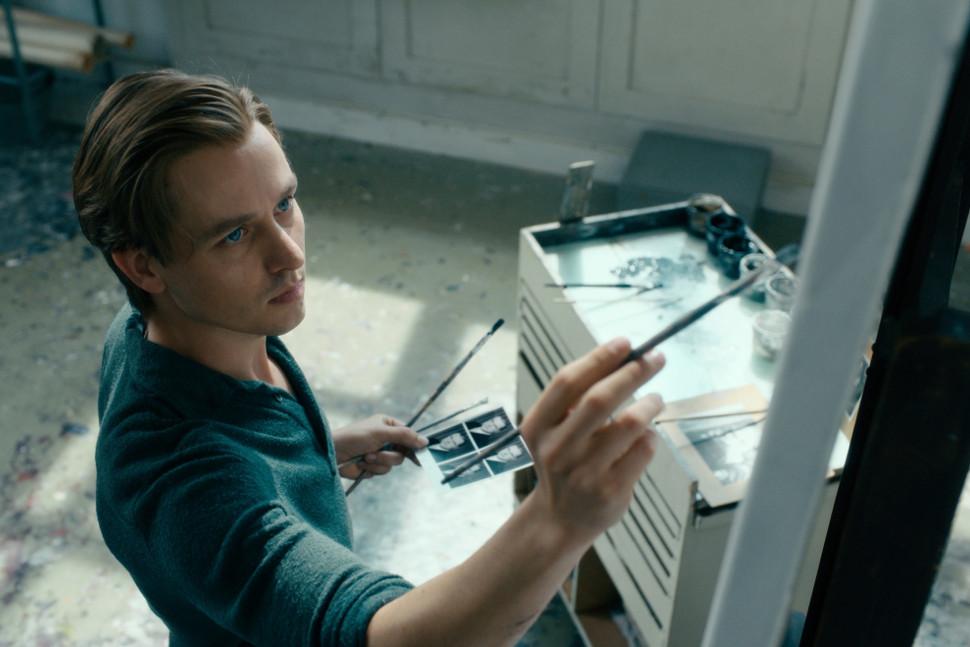
Dir.: Florian Henckel von Donnersmarck; Cast: Tom Schilling, Sebastian Koch, Paula Beer, Saskia Rosendahl, Oliver Masucci; Italy/Germany 2018, 188 min.
After The Life of Others Florian Henckel von Donnersmarck makes another ambitious but deeply unfilmic foray that tackles three decades of his country’s history from Nazi Germany of the late 1930s right through to the GDR, and finally the FRG. The focus is an anti-hero and his sympathetic counterpart.
In Dresden 1937 the young Elisabeth May takes her young nephew Kurt Barnert to see an exibition of ‘Entartete Kunst’, showing paintings by Picasso, Kandinsky and others forbidden in the Third Reich. The guide tells Kurt that he could do better than said works of art. But Elisabeth, a free spirit, tells the boy “never to look away” from beauty. Soon she is playing the piano naked. Her desperate family send her to Prof. Seeband (Koch), who is in charge of the local Euthanasia programme, thence to a special hospital where she is gassed with other citizens who are not “worth being kept alive”.
Seeband is later captured by the Russians but helps to deliver the baby of a high-ranking officer who offers him a career in the GDR. The story then flips forward to see Kurt (Schilling), now in his twenties, falling in love with Ellie Barnert (who very much resembles Elisabeth), the two men begin an uneasy relationship. And when Ellie gets pregnant, her father carries out an abortion, making sure his daughter can no longer produce and have the Barnert family poison his own bloodline: Kurt’s father had committed suicide.
Ellie and Kurt, both fed up with social realism at university, flee to West Berlin, and later settle in Dusseldorf where Kurt studies with a Beus-look-alike, professor von Verten (Masucci). Here Kurt finds his artistic calling, and also the true identity of his father-in-law, who had also settled very sucessfully in the FRG.
Von Donnersmarck is spot on in picturing life in Nazi Germany and the GDR, but his vision of the FRG, where the majority of ex-Nazis made a career, as far too easygoing. After all, cultural institutions such as the Art Academy in Dusseldorf, were unique places of artistic refuge. Where the film really falls down though is in the bland description of life. Considering Kurt is a painter, the cinematography is unimpressive and stale, calling to mind the “Alfred Weidemann” films of the late 50s and set in the FRG, where UFA veterans where still shooting in the style of the 1930s. Furthermore the acting is patchy, Beer the standout in a sea of rather hammy male performances. Despite a narrative spanning nearly thirty years nothing seems to change, the action is caught in a permanent time-warp where even Kurt’s final liberation feels unconvincing and artificial. Never Look Away is an uninventive saga that drags laboriously feeling even longer than its 3+ hours, AS
ON RELEASE AT ARTHOUSE CINEMAS | PREMIERED AT VENICE FILM FESTIVAL 2018